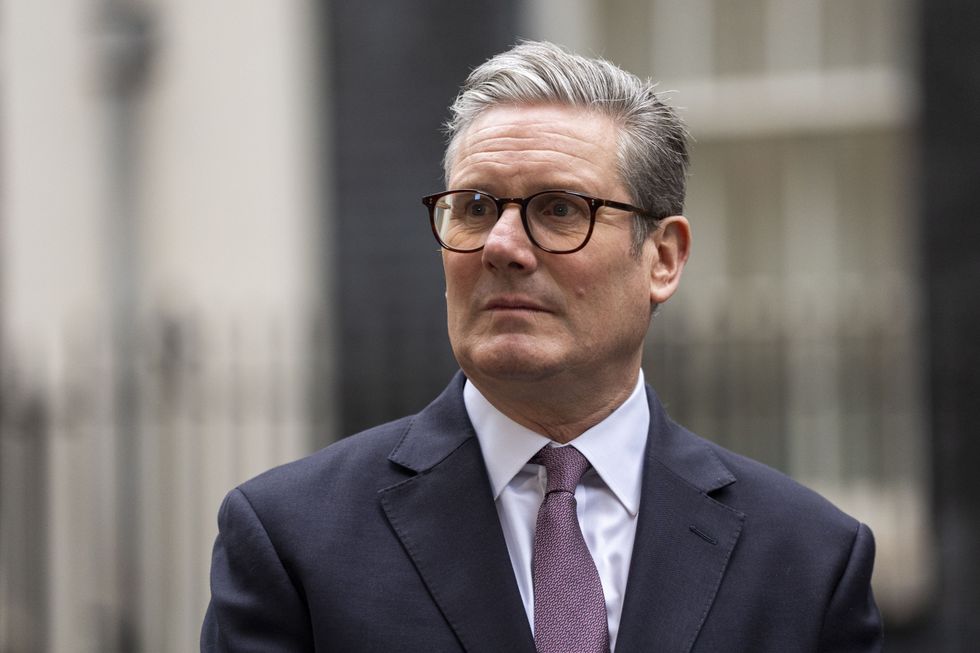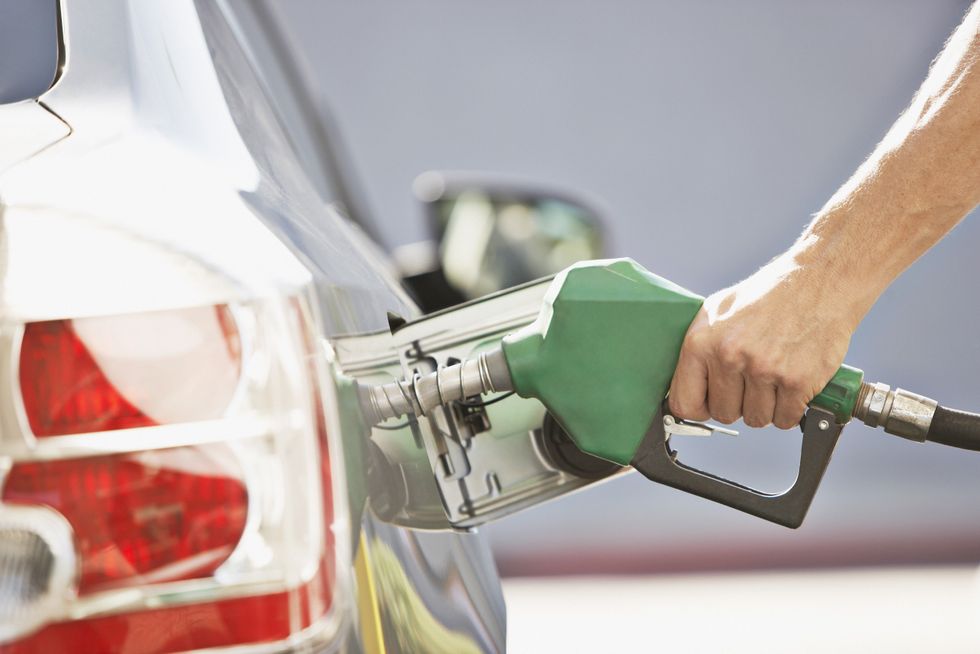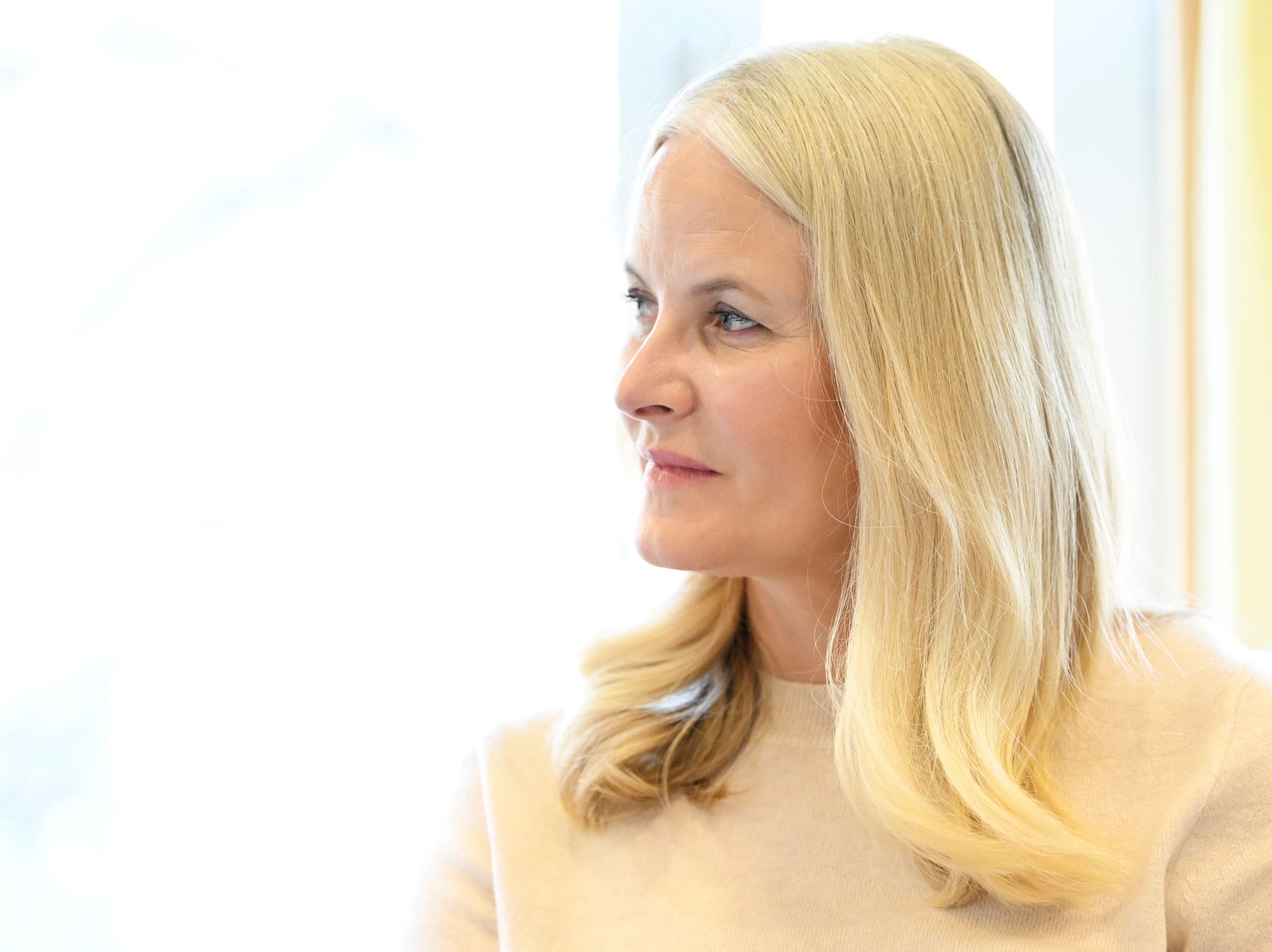October Budget predictions: What Rachel Reeves is planning and how it will affect you?

The Chancellor will announce Labour’s Budget next Wednesday following weeks of speculation over what changes could be made
Don't Miss
Most Read
Labour’s first budget in 14 years will be announced on October 30, after weeks of gloomy scene setting from the Government over the state of the nation’s finances.
Chancellor Rachel Reeves and the Prime Minister have spent much of their first few months in office preparing for the “painful” budget, with tax rises expected to fill the “£22bn black hole” in public finances inherited from the previous government.
In the run-up to the election Labour promised not to increase taxes on "working people" and have ruled out raising the main rates of income tax, VAT and National Insurance contributions.
But the Chancellor has left wiggle room for speculation to grow over changes to pensions, inheritance tax, capital gains tax and even fuel duty.
Here we look at what Labour could announce in the upcoming Budget and how this would affect you.

Prime Minister Keir Starmer warned that the Autumn Budget would be "painful"
|PA
Employer national insurance contributions
The Business Secretary, Jonathon Reynolds, hinted last weekend that the Chancellor may raise National Insurance contributions for employers in the Budget.
National Insurance contributions are the UK’s second-largest tax and expected to raise just under £170billion in 2024-25, according to the Institute for Fiscal Studies (IFS).
They are paid by employees, the self-employed and by employers on the earnings of their staff at a higher rate already than staff members pay themselves.
Reynolds refused to say that the ruling out of National Insurance contributions applied to employers as well as employees.
The Prime Minister also refused to rule out the same rise when pressed by Rishi Sunak, the opposition leader, at prime minister’s questions last week.
A one percentage point increase in employers’ National Insurance contributions could raise about £8.9billion a year.
Pension changes
Another measure the Chancellor was reportedly considering is reducing the amount people can take out of their pensions tax-free.
The tax free lump people over the age of 55 can take from their pension pot right now stands at 25 per cent, up to a maximum of £268,275.
But government officials have reportedly asked a major UK pension provider to look into the impact of cutting that amount to £100,000.
Labour is expected, however, to abandon plans to mount a tax raid on pension savings as it would penalise up to a million teachers, nurses and other public sector workers.
Currently, pension contributions, typically 100 per cent of annual earnings, receive income tax relief.
Senior Treasury officials warned reducing the current 40 per cent level of tax relief on higher earners would disproportionately hit state workers with modest incomes.
The IFS estimated if up-front relief on pension contributions was limited to the basic rate of income tax, it would raise about £15billion a year.
Capital gains tax
Capital gains tax is the tax levied on profit made on the sale of an asset that has risen in value, which includes second homes, shares, business assets and personal possessions worth £6,000 or more, expect cars.
At the moment, people do not have to pay tax on the first £3,000 of profits, or £1,500 for trusts.
The Chancellor could decide to remove the tax-free threshold and impose tax on assets that are currently exempt.
Or the tax rate could be increased to as much as 39 per cent, compared to the current 20-28 per cent.
Inheritance tax
Inheritance tax, often dubbed “the most hated tax” is charged at 40 per cent and applies to estates worth over £325,000.
Despite only about four per cent of deaths triggering the tax, it draws much criticism as it is seen as double taxation.
There are, however, allowances meaning it is only paid on more valuable estates. If a main residence is being passed to children or grandchildren a £175,000 allowance is added meaning only £500,000 is subject to inheritance tax.
The IFS proposed ways to change inheritance tax, stating: “A good start would be ending, or at least capping, the unjustified exemptions for pension wealth, business assets and agricultural land — a change that would raise around £2billion a year, assuming no behavioural response.”
Stamp duty
Stamp duty is a tax due if you buy a property or land over £250,000, with more paid for second homes and by non-UK residents.
Those buying their first homes are entitled to relief to help young people get on the property ladder, but Labour have confirmed the threshold for stamp duty for first-time buyers will fall back to £300,000 after it was raised to £425,000 in 2022 by Sunak.
Labour could change the tax so it focused on annual land value tax instead of a transaction, however, the IFS has already called for it to be abolished at a cost of about £13billion.
The IFS said that stamp duty “has a claim to be the most economically damaging tax in the UK. It makes both housing and labour markets less efficient, acting as a drag on growth.”

Rachel Reeves could remove the freeze on fuel duty and reimpose the original 57.95p rate
|Getty
LATEST FROM MEMBERSHIP:
Non-domiciled tax status
The Government has already been warned over proposed changes to non-domiciled tax status, a system which excludes foreign-earned income from UK taxes.
John Caudwell, the billionaire founder of Phones4U said: “Anything that we do that might be negative to attract inward businesses and inward wealthy people, is a negative.
“I’m not too worried about losing the odd few people to Monaco or wherever who want to avoid paying any tax. They’ve already gone, most of them. But there are issues all around the policies, that we have to be very careful of.”
Fuel duty
Former Prime Minister Rishi Sunak cut fuel duty by 5p in 2022, until March next year.
Reeves could leave the issue until March when it will naturally expire or remove the freeze and reimpose the original 57.95p rate.
It was a Conservative tradition for chancellors to postpone planned increases to fuel duty, but if Reeves does not follow in their footsteps, it could generate around £6billion for the government.
Gambling tax
Another area the Government could target is taxing “higher harm” products such as online casino games which could raise up to £3.4billion by 2030.
The 15 per cent general betting duty, levied on high-street bookmakers’ profits, could be doubled while remote gambling duty could go from 21 per cent to 50 per cent.










